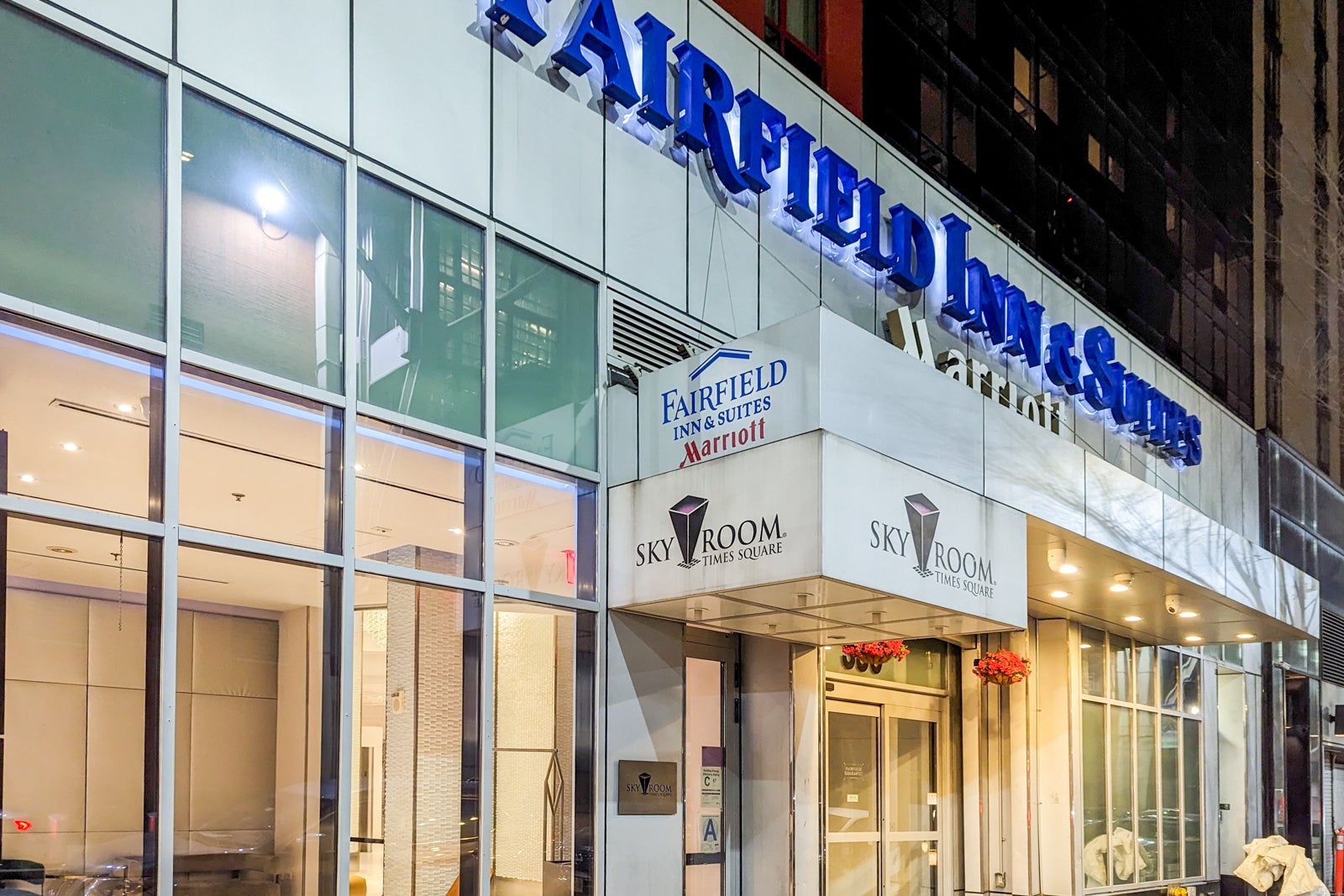
[ad_1]
It was only this week that Marriott’s brand count rose to 31. That will soon swell to 32 in just a few weeks.
The world’s largest hotel company officially acquired Mexico’s City Express chain of affordably priced hotels, Marriott announced Monday. But Marriott isn’t done there in its growing focus on more budget-minded brands. Marriott plans to launch a new extended-stay hotel brand hot on the heels of City Express joining the mix.
“Here in the U.S., we’re just a few weeks away from announcing a simple, modern, streamlined new-build, extended-stay product that has very basic services and amenities for those looking for longer stays at a midscale price point,” Marriott CEO Anthony Capuano said Tuesday on the company’s first-quarter earnings call.
The move comes after Marriott competitors Hilton and Hyatt each announced their own push into the extended-stay sphere in recent weeks.
Similar to Hilton, Marriott leaders weren’t providing much in the way of specifics regarding the new brand. Capuano added travelers should “expect to hear more about that in the coming weeks.”
It’s a notable shift in mood from each of these companies, whose leaders have pointed to their concentration on higher-end brands in the past as a reason why they aren’t as vulnerable to economic shifts, like higher gas prices potentially dragging down road trips.
But you can look to City Express, a midscale brand concentrated in the Caribbean and Latin America, for clues as to why Marriott keeps focusing on this segment of the travel ecosystem. City Express will be more affordable than Fairfield, which Marriott bills as its brand for “a stress-free stay at a great value.”
“When we have talked in the past about the breadth of our portfolio, we’ve often responded to questions by saying we love the breadth of that portfolio for the way in which it satisfies the wants and needs of both our guests and our owners and franchisees,” Capuano said. “Midscale is the frontier where we hear demands from both of those constituents.”
The case for going budget
There are a variety of reasons why it’s smart for Marriott to expand its reach into more affordable segments of the hotel sphere. For starters, budget and extended-stay brands generally fared the best during the worst months of the pandemic because they count more on essential workers filling up hotel rooms than more leisure-oriented travelers.
Sign up for our daily newsletter
Hotel and resort rates might be sky-high today, but there must be some lingering acknowledgment that, in the worst of times, budget offerings are more durable and recession-proof than hotels that are seen more as splurges than necessities. Plus, given how high hotel rates are these days, it’s not a bad idea to have an offering that gives loyal customers some relief in their wallets.
Additionally, Hilton CEO Christopher Nassetta pointed to loyalty programs as a driver for getting more into budget brands like Spark, a premium economy brand the company launched earlier this year.
Customers at these brands might not be ready to shell out for ultra-luxury brands today, but it’s smart to have an affordably priced entry point for them to start earning points and building loyalty. Later on, you’ll ideally retain these guests when they’re in a position to stay at a St. Regis or Ritz-Carlton, the thinking goes.
So what’s next for Marriott? If two brands can come into existence so swiftly, what will the 33rd and 34th look like? Those clues aren’t so clear. Instead, the company looks to broad measures like filling a geographic hole in Marriott’s network.
The company acquired AC, once largely concentrated in Spain, and then expanded it globally. There’s a strong chance that same strategy will happen with City Express.
“We will continue to look at opportunities if we believe there’s a gap in geography where our guests seek to travel and where we’re dissatisfied with our footprint or if we see a gap in our brand [lineup],” Capuano said.
There’s a strong possibility there are even more brands coming, as Capuano later noted the company will apply this logic to “what I think will be a fair number of opportunities that will be floating around out there in the market.”
Recession? What recession?
There’s plenty of fear out there about a pending recession amid a regional banking crisis in the U.S., inflation and layoffs announced daily. But those fears aren’t playing out yet in the hotel orbit.
Marriott reported a hefty $757 million profit for the first three months of this year — well above the $209 million profit reported by Hilton last week. The surprising strength and resilience of travel caused both companies to upwardly revise their outlook for the remainder of this year.
Global room rates at Marriott are up 11% from a year ago, and revenue from business travel in the U.S. and Canada now exceeds 2019 levels for the first time since the start of the pandemic, Capuano said.
Company leaders generally expect the strength to continue into the summer while also noting the back half of the year is a little less certain.
“It is clear post-pandemic, people have an appreciation for travel,” Capuano added. “While macroeconomic uncertainty persists, it has not weighed on travel demand to date.”
Related reading:
[ad_2]






